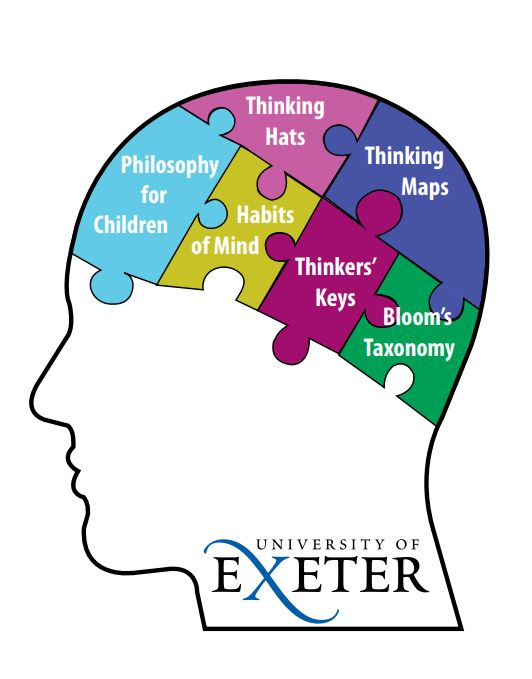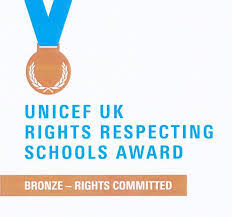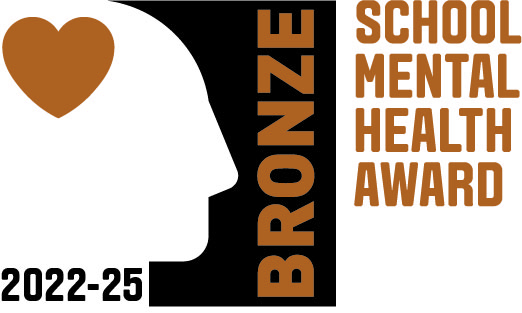- Home
- Our Learning
- The Hillcross Curriculum
- Early Years Foundation Stage
- Personal, Social and Emotional Development.
Personal, Social and Emotional Development.
PSED is one of the three Prime areas within the Early Years Foundation Stage (EYFS). Each Prime area is divided into Early Learning Goals. For PSED these are:
- Self-confidence and self-awareness - children are confident to try new activities, and say why they like some activities more than others. They are confident to speak in a familiar group, will talk about their ideas, and will choose the resources they need for their chosen activities. They say when they do or don't need help.
- Managing feelings and behaviour - children talk about how they and others show feelings, talk about their own and others' behaviour, and its consequences, and know that some behaviour is unacceptable. They work as part of a group or class, and understand and follow the rules. They adjust their behaviour to different situations, and take changes of routine in their stride.
- Making relationships - children play cooperatively, taking turns with others. They take account of one another's ideas about how to organise their activity. They show sensitivity to others' needs and feelings, and form positive relationships with adults and other children.
At Hillcross we ensure that:
- We support children as they find their own different ways to manage feelings of sadness when their parents leave them. Some children might need to hold onto a special object/picture from home to feel strong and confident in the setting or use our bounce back zones.
- Help all children to feel that they are valued, and they belong.
- We respond to children’s increasing independence and sense of responsibility. As the year proceeds, we increase the range of resources and challenges both outdoors and inside.
- Support children in being responsible for themselves and their belongings throughout their time in the EYFS.
One of the ways we promote PESD at Hillcross is by using our You Can Do It token system.
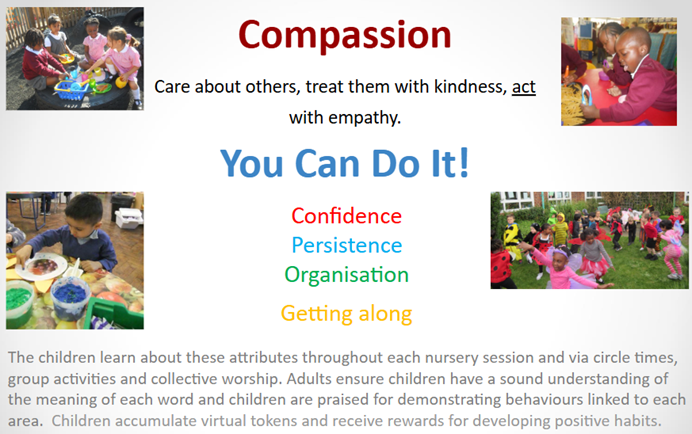
This is what PSED looks like at within our EYFS.
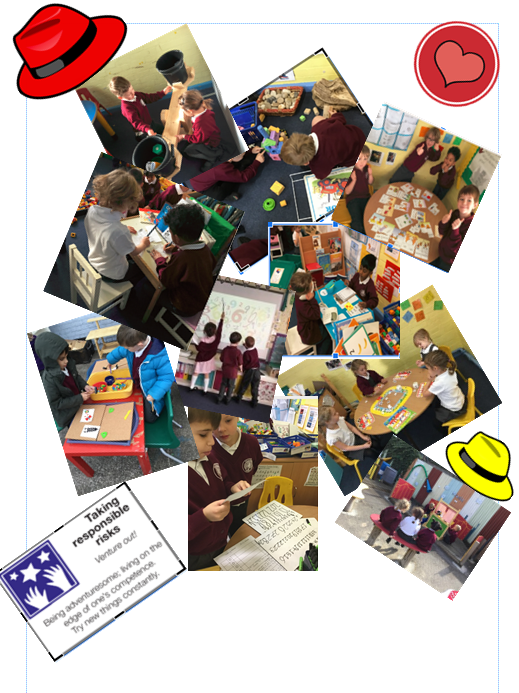
How to help your child at home:
Emotions
Support children to name their emotions during the daily routine. For example:
- Use feelings cards to ask children how they are when they arrive, involving parents and carers where possible.
- Talk about how your child feels within your family or when with friends.
- Use feelings cards when children try tricky new things, like climbing or building something, or during a time of day they find difficult.
- When there are conflicts, use feelings cards for children to express and name their related emotions.
- When sharing a story, song or activity which mentions a particular emotion, use feelings cards to connect children to it.
- Sense of self
- Develop a positive sense of self, set themselves simple goals, have confidence in their own abilities, persist and wait for what they want and direct attention as necessary.
- Playing games together as a family to enjoy waiting their turn.
- Supporting your child with potty training. Seek help and guidance from your health visitor if needed - click here for more information.
- Through adult modelling and guidance, they will learn how to look after their bodies, including healthy eating, and manage personal needs independently.
- Through supported interaction with other children, they learn how to make good friendships, co-operate and resolve conflicts peaceably.
- These attributes will provide a secure platform from which children can achieve at school and in later life.



